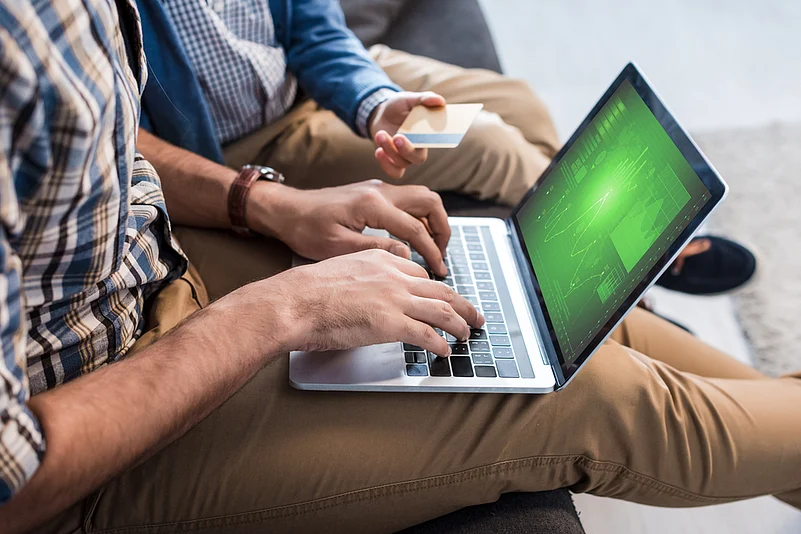Back in 2016, the controversial decision of demonitisation was expected to give a boost to digital payments. While experts might argue that it might not give rise to a cash economy, but led to a rise in digital payments. BHIM UPI saw 10.8 billion transactions in 2019, a three times jump from the previous year.
Cut to 2020, the outbreak of COVID-19 is expected to bring another paradigm shift as far as digital payments are concerned.
A survey by Capgemini Research Institute of thousand consumers across the world including India has found out that more customers would prefer shopping online. The study showed that in urban India, the need for online shopping will increase from 46 to 64 per cent, as shoppers who are typically used to visiting local markets will now buy more online.
While there were concerns that the novel coronavirus can be transmitted through bank notes, there is no evidence yet of the same. But with social distancing the new norm, the world is surely moving towards contactless digital payments.
A month ago, RBI Governor Shaktikanta Das had encouraged people to use all mediums of digital payments including debit cards, credit cards and various mobile apps. Most of the e-commerce companies, food and grocery deliveries are doing only contactless deliveries where the parcel is delivered to your doorstep. One is only required to make the payment digitally as cash on delivery is not available.
Online shopping has gone up because people are locked inside their houses. Even after the lockdown is lifted people will avoid visiting brick and mortar stores as much as possible. On the other hand, with banks working with limited capacity, retail stores are also looking at online payments because of their limited options to deposit cash in their banks regularly.
Going ahead, the Indian customers will have more options to buy online. While some of the existing players have failed to meet customer demand in the times of COVID-19, food delivery players like Swiggy have pitched in to deliver groceries and essentials to their customers. They are tying up with local retail stores and this is a business model that is there to stay even when the pandemic is over. Wallets like PayTm and PhonePe have tweaked their user interface to make payments for essential services, utilities and daily essentials.
After its deal with Facebook, Reliance has also rolled out a WhatsApp-based online shopping portal where an order is placed through the messaging app.
Overall, however, digital payments in India have seen a dip by 30 per cent in the last 30 days of the lockdown according to a report by payments company Razorpay, while online donations were up by 180 per cent. This is mainly because people are now spending only on essentials.
However, as we settle into a new world order post COVID-19 filled with uncertainties, one thing is for certain, digital payments are here to stay.































